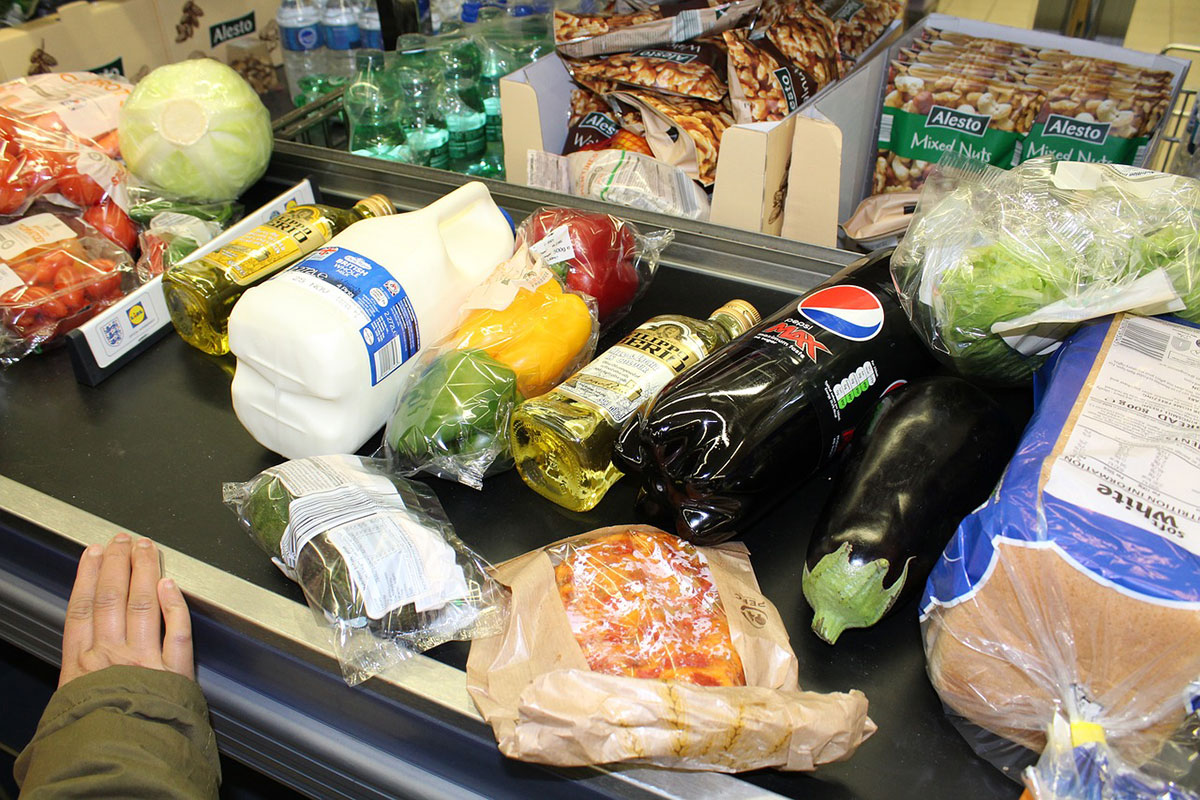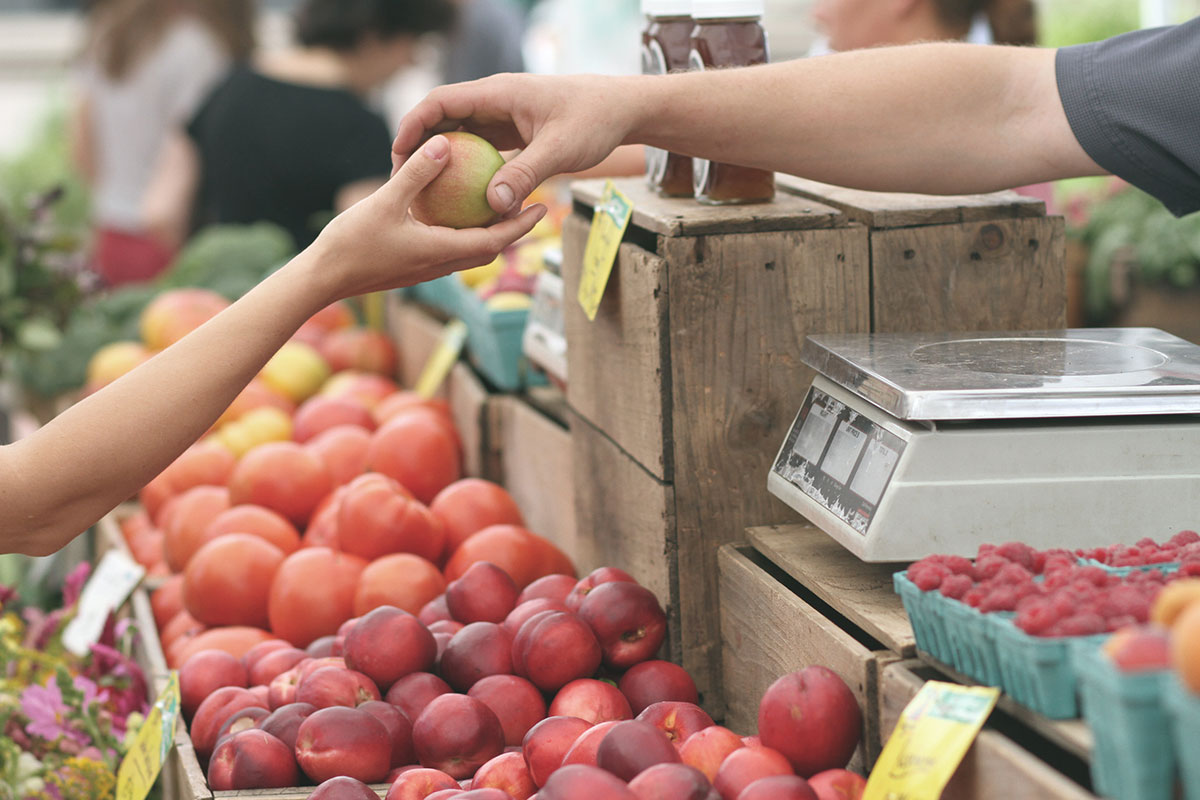Sources of food include the general public, sometimes in the form of “food drives,” and government programs that buy and distribute excess farm products mostly to help support higher commodity prices. Food banks can also buy food either at market prices or from wholesalers and retailers at discounted prices, often at cost. Sometimes farmers will allow food banks to send gleaners to salvage leftover crops for free once their primary harvest is complete. A few food banks have even taken over their own farms, though such initiatives have not always been successful.
Continue reading “Our Annual Lifework Food Drive is this Saturday”

